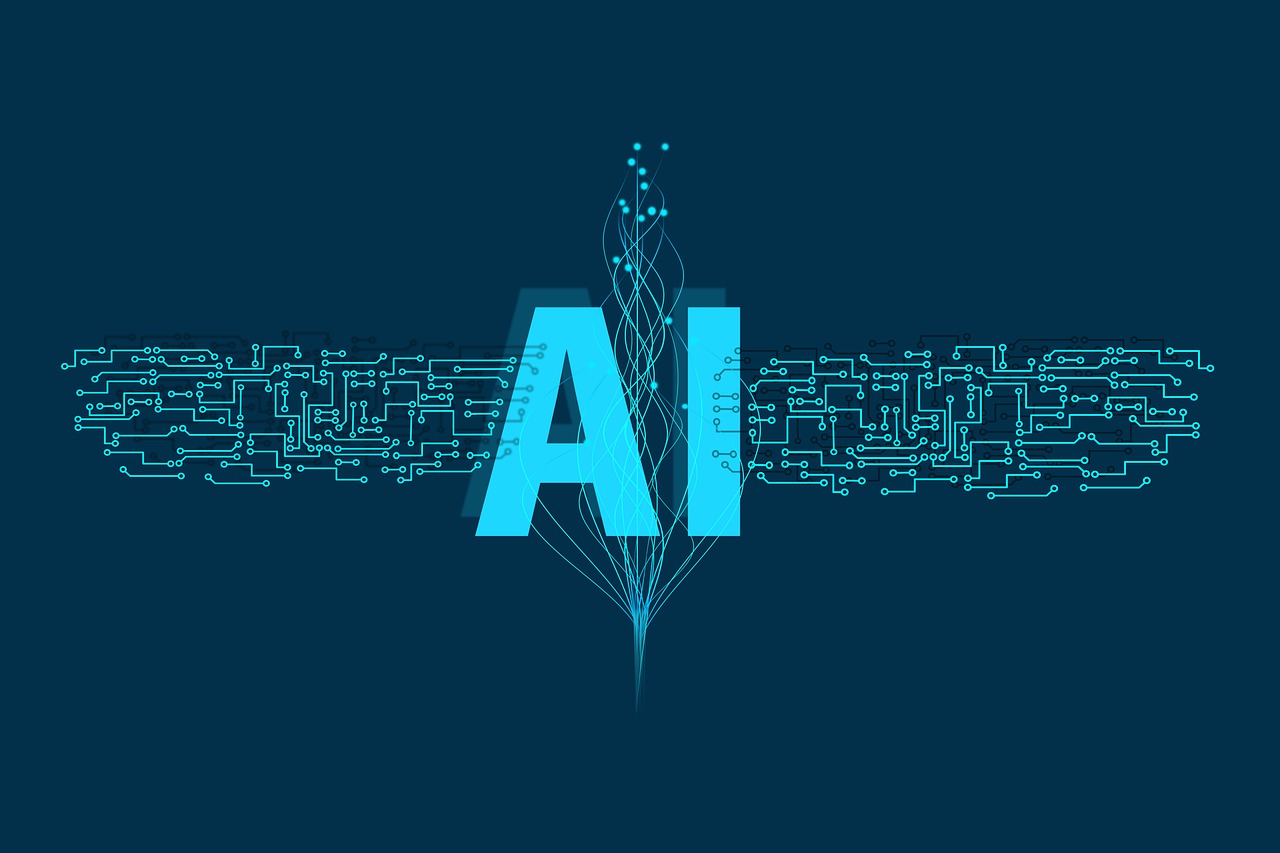Due to the remarkable progress in artificial intelligence technology, content generation no longer needs to be a source of headaches. As AI continues to assume more responsibilities in manual content production, marketers should familiarize themselves with the various types of AI-generated content and the areas that can reap the most benefits from its implementation.
With the aid of these tools, we can produce captivating and brand-consistent high-quality content tailored to engage your audience. This blog post delves into the top types of AI-generated content in marketing, offering you a chance to enhance your content strategy and gain a competitive edge in the market.
- Social Media Posts (58%) Among the most popular applications of AI in content marketing is for social media posts, and the benefits are undeniable.
Social media marketers strive to create content that resonates with their audience, and utilizing a content assistant simplifies managing social media calendars. AI can be harnessed for social media posts in the following ways:
Content Creation: AI tools can generate content ideas, suggest topics, and even craft headlines for social media posts. In fact, 35% of surveyed marketers leverage AI to gain inspiration and fresh ideas. Scheduling and Posting: AI-powered social media scheduling tools ensure automatic posting at optimal times, and they can even optimize content for specific social media platforms. Audience Analytics: AI aids in comprehending your audience better by analyzing data. This valuable information can be used to create more effective and relevant social media posts.
- Product Descriptions (50%) Half of the marketers employing generative AI have found it to be beneficial for crafting product descriptions.
When introducing new products, it can be daunting to find the right words, especially for an audience less familiar with industry jargon than your team. Artificial intelligence enables marketers to not only accurately describe a product’s features and functionality but also communicate in a manner that is clear and accessible to the general public.
- Emails (43%) Email marketing sees a boost from AI, as 43% of marketers using the technology have found it helpful. Capturing your customer’s attention with compelling email subject lines is a challenge in itself, and getting them to open and engage is even trickier. AI comes to the rescue, empowering marketers to enhance their strategy through:
Timing Optimization: AI tools suggest the best time and day to send emails based on recipient engagement patterns, leading to improved open rates, click-through rates (CTR), and conversions. Subject Line Generation: AI generates effective and attention-grabbing subject lines by analyzing past email campaigns and their performance. The use of such tools can significantly increase open rates. A/B Testing: Leveraging AI for A/B testing allows marketers to send two different versions of an email to a subset of the audience, measure their performance, and send the best-performing variant to the rest of the audience for optimal results.
- Images (36%) AI proves valuable for image creation, with 36% of marketers benefiting from its usage. Images not only improve search engine optimization but also add visually appealing elements to blogs, social media posts, and product staging.
- Blog Posts (35%) More than a third of marketing professionals find AI writing generators helpful for crafting blog posts. As a writer myself, I was intrigued by how AI could enhance the writing process.
AI has numerous advantages in blog post creation, including:
Efficiency: Automating various aspects of blog post creation, such as topic generation, research, and drafting, allows marketers to save time and resources. Additionally, it streamlines tasks like formatting, proofreading, and optimizing content for SEO. Personalization: By analyzing customer behavior, preferences, and browsing history, AI assists in targeting blog content to specific audiences. Personalized blog posts resonate more with the audience, leading to increased engagement and conversion rates.
- Landing Pages (19%) AI proves valuable for landing pages, as nearly one-fifth of marketing professionals benefit from its implementation. The impact of good or bad user experience (UX) on businesses is often underestimated, and artificial intelligence can play a crucial role in monitoring and enhancing how customers interact with your landing pages through the following means:
A/B Testing: Utilizing AI and machine learning algorithms, marketers can analyze user behaviors and identify the most effective elements for landing pages. This enables the creation of variations in page layout and design, allowing A/B testing to determine the optimal approach for higher conversion rates. Optimization: AI-driven analytics provide insights into website bounce times, load times, and other essential data. Armed with this information, marketers can optimize landing pages to deliver a better customer experience, leading to improved website engagement.
- Ebooks (17%) According to our survey, the penultimate content type where AI offers help is ebooks. While AI streamlines certain aspects of ebook creation, there are considerations to keep in mind. Here are some reasons why:
Tone and Style: Well-crafted ebooks require a deep understanding of the target audience and language nuances. AI language generation has made significant strides, but it may still struggle with identifying complex language intricacies and preferences, leading to misaligned tones that could hinder engagement and readers rejecting the content. Authenticity: Human readers expect ebooks to provide genuine insights and original thoughts. AI lacks critical thinking and research abilities, which are essential for delivering authentic perspectives. Legal Concerns: Heavy reliance on AI for creating published ebooks can lead to potential legal issues. AI tech companies can detect instances of authors falsely claiming AI-generated work as their own, resulting in rising lawsuits related to the misuse of such tools.
- Whitepapers (12%) Survey data suggests that whitepapers are the content type that benefits the least from artificial intelligence.
Whitepapers are expected to offer unique insights and in-depth industry analysis on various subjects. While AI excels at pattern recognition and data analysis, it may lack the creativity and deep understanding required to craft high-quality whitepapers. As a result, AI might not be as beneficial for marketers in this particular content category compared to others.
Use AI Thoughtfully in Your Marketing Content The rise of AI-generated content is revolutionizing the content creation process for marketers. From social media posts to landing pages, leveraging AI allows for a more efficient, personalized, and practical approach to content development. Embrace this technology thoughtfully in your content marketing strategies to stay at the forefront of innovation and maintain a competitive edge.







